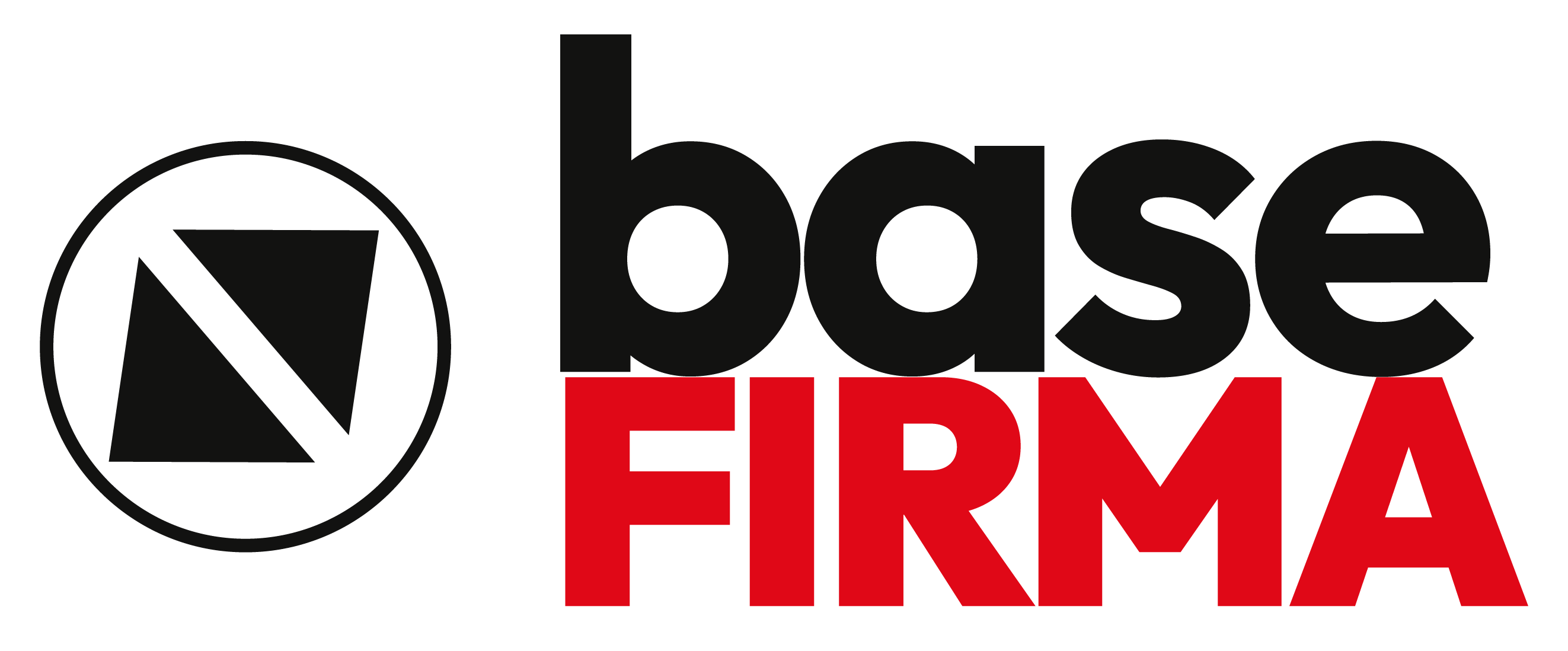Introduction
In the context of the New Fiscal Pact 2025, the Argentinian tax authority (Agencia de Recaudacion y Control Aduanero – ARCA) has been sending out communications to taxpayers, in particular to exporters that operate with international intermediaries, regarding intercompany transactions that involve an international intermediary. ARCA’s message emphasizes the taxpayer’s requirement to justify in their transfer pricing study that the remuneration received by the related intermediary is related to the risks assumed, the functions performed, and the assets involved in the operation. Otherwise, the excess profit obtained by the intermediary from such operations will be considered as originating from Argentina and must be added to the local income tax return.
Positions
In Argentina, for tax periods prior to December 2018, the substance test for the international intermediary was applied to exporters of commodities and goods with known quotation, with special focus on grains and agricultural products. If the substance test was not satisfied, the exporter had to apply what is known as the ‘sixth method’ for testing their transfer prices (for reference, the export price corresponds to that in effect at the time of shipment or bill of lading). Since the 2018 tax reform, exporters must register the agreement that certifies the operation with the tax administration in order to be exempt from applying the sixth method. In addition, the tax reform extends the obligation to demonstrate the substance of the international intermediary for export and import operations of all types of goods involving a related international intermediary. The information requirement applies if certain, very low, materiality thresholds are exceeded.
Key Takeaways
Taxpayers must prepare and maintain robust documentation to demonstrate the substance of the related international intermediary. Therefore, it is crucial to accurately delineate the actual transaction, perform a functional analysis accordingly, and demonstrate substance by providing sufficient information about the trading entity, for example the number of employees, assets, financial statements, agreements/contracts, accounting certifications, etc. From a local perspective, although all the relevant documentation might be complex to obtain considering the confidentiality and sensitivity of the information, it will significantly reduce the risk of tax adjustments and even customs issues.
For more information: melisa.gomez@basefirma.com
